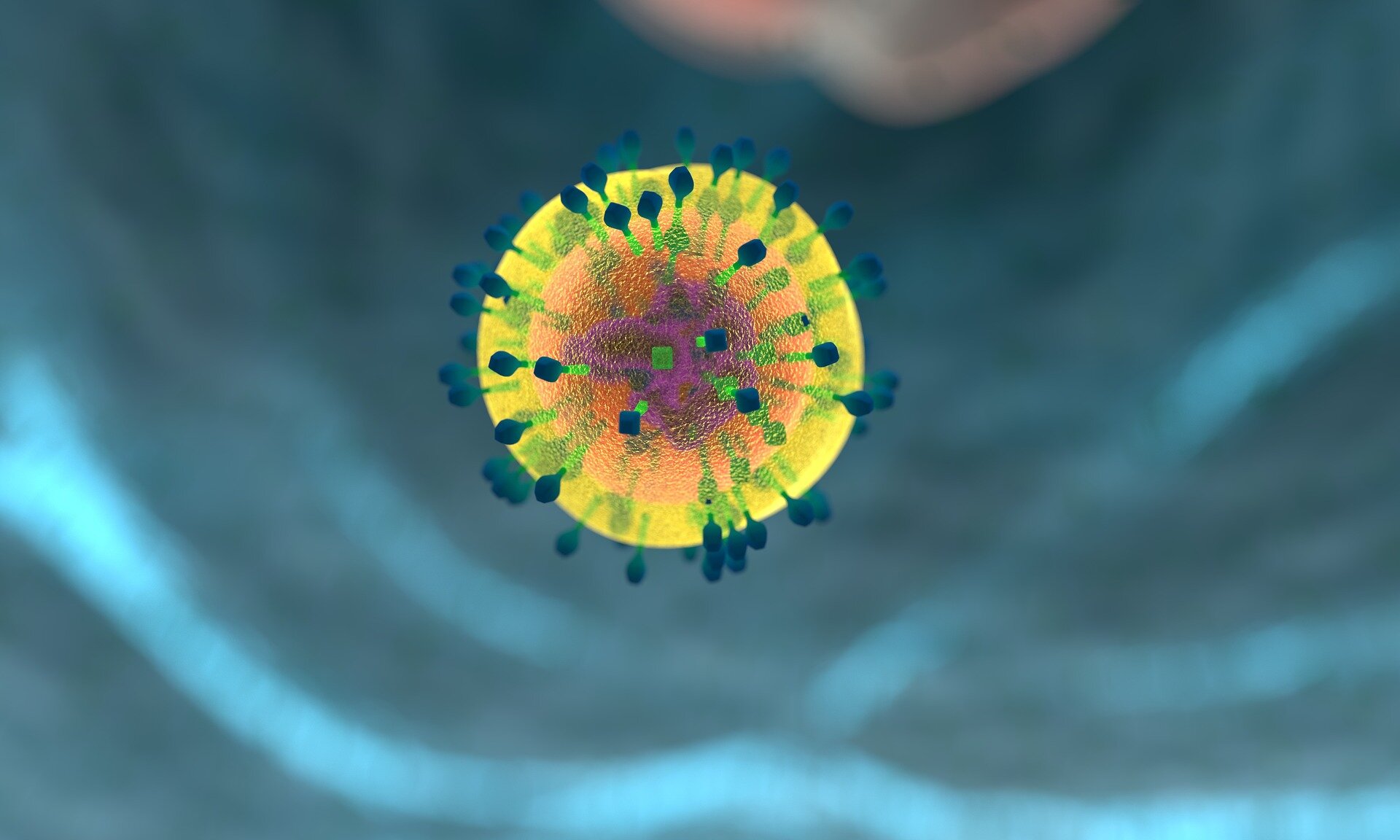Northwestern Medicine and Brigham and Women’s Hospital scientists have discovered a molecular defect that promotes the pathologic immune response in systemic lupus erythematosus (known as lupus) and show that reversing this defect may potentially reverse the disease.
Lupus affects more than 1.5 million people in the U.S. Until this new study, the causes of this disease were unclear. Lupus can result in life-threatening damage to multiple organs including the kidneys, brain and heart. Existing treatments often fail to control the disease, the study authors said, and have unintended side effects of reducing the immune system’s ability to fight infections.
“Up until this point, all therapy for lupus is a blunt instrument. It’s broad immunosuppression,”
There are disease-associated changes in multiple molecules in the blood of patients with lupus. Ultimately, these changes lead to insufficient activation of a pathway controlled by the aryl hydrocarbon receptor (AHR), which regulates cells’ response to environmental pollutants, bacteria or metabolites.
Insufficient activation of AHR results in too many disease-promoting immune cells, called the T peripheral helper cells, that promote the production of disease-causing autoantibodies.


